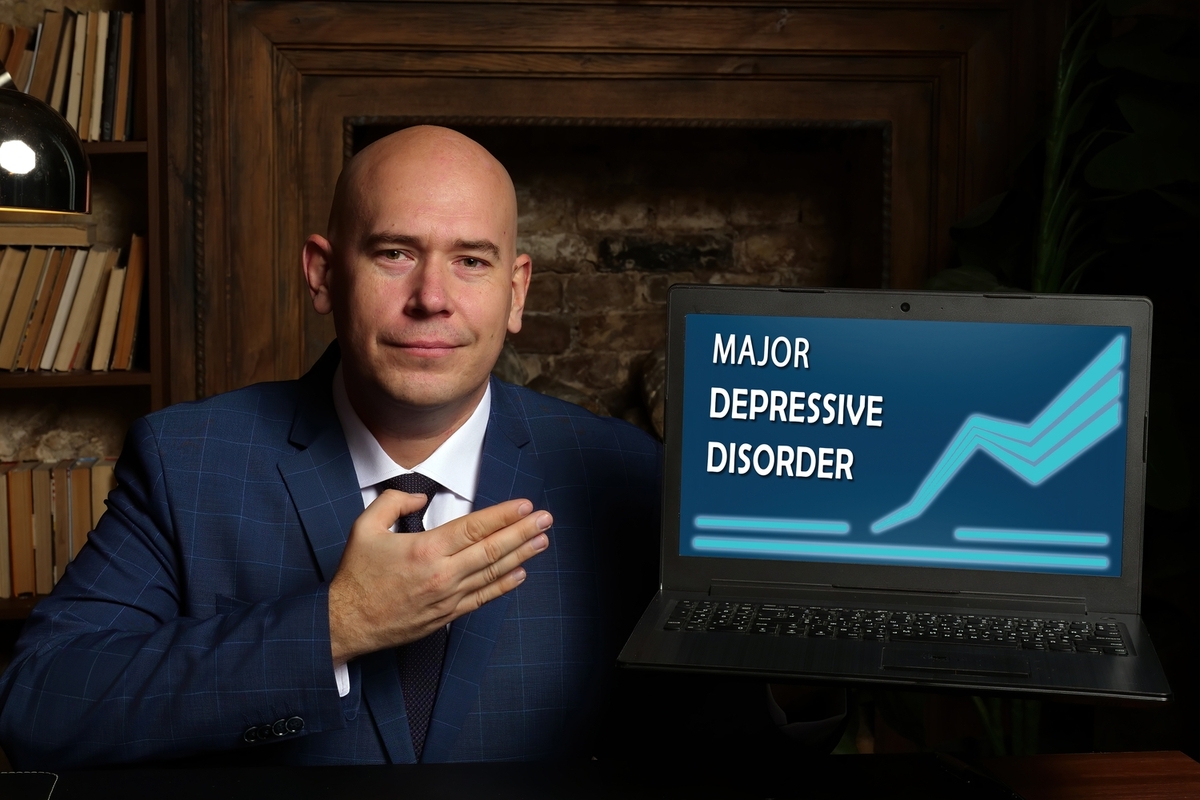Exploring Effective Treatments for Major Depressive Disorder

Major Depressive Disorder (MDD) is a prevalent mental health condition that affects millions of individuals worldwide. Characterized by persistent feelings of sadness, loss of interest in activities, and various physical and emotional problems, MDD can significantly impair daily functioning. Fortunately, numerous treatment options are available to help manage and alleviate the symptoms of this debilitating disorder. This article delves into the most effective treatments for Major Depressive Disorder, providing a comprehensive overview of therapeutic approaches and interventions.
Major Depressive Disorder (MDD) is a complex condition that requires a multifaceted treatment approach. The primary goal of treatment is to reduce symptoms, improve quality of life, and prevent relapse. Here are some of the most effective treatments for MDD:
-
Psychotherapy : Often referred to as talk therapy, psychotherapy is a cornerstone in the treatment of MDD. Cognitive Behavioral Therapy (CBT) is one of the most widely used forms, focusing on identifying and changing negative thought patterns and behaviors. Interpersonal Therapy (IPT) and Dialectical Behavior Therapy (DBT) are also effective, addressing interpersonal issues and emotional regulation, respectively.
-
Medications : Antidepressant medications are commonly prescribed to help balance chemicals in the brain that affect mood and emotions. Selective Serotonin Reuptake Inhibitors (SSRIs) and Serotonin-Norepinephrine Reuptake Inhibitors (SNRIs) are often the first line of treatment. Other classes of medications, such as atypical antidepressants and tricyclic antidepressants, may be used depending on the individual’s response and side effect profile.
-
Lifestyle Modifications : Incorporating healthy lifestyle changes can significantly impact the management of MDD. Regular physical activity, a balanced diet, adequate sleep, and stress reduction techniques such as mindfulness and meditation can enhance overall well-being and complement other treatments.
-
Electroconvulsive Therapy (ECT) : For individuals with severe MDD who do not respond to other treatments, ECT can be an effective option. This procedure involves brief electrical stimulation of the brain while the patient is under anesthesia. ECT has been shown to provide rapid relief from severe depressive symptoms.
-
Transcranial Magnetic Stimulation (TMS) : TMS is a non-invasive procedure that uses magnetic fields to stimulate nerve cells in the brain. It is typically used when other treatments have not been effective. TMS has been found to improve symptoms in individuals with treatment-resistant depression.
-
Support Groups and Peer Support : Engaging in support groups or peer support programs can provide individuals with MDD a sense of community and understanding. Sharing experiences and coping strategies with others who have similar challenges can be incredibly beneficial.
-
Complementary and Alternative Therapies : Some individuals find relief through complementary therapies such as acupuncture, yoga, and herbal supplements. While these should not replace conventional treatments, they can be used as adjuncts to enhance overall treatment outcomes.
-
Hospitalization and Intensive Outpatient Programs : In cases of severe MDD where there is a risk of harm to self or others, hospitalization may be necessary. Intensive outpatient programs offer structured treatment while allowing individuals to live at home, providing a middle ground between inpatient care and traditional outpatient therapy.
Major Depressive Disorder is a challenging condition, but with the right combination of treatments, individuals can achieve significant improvement in their symptoms and quality of life. It is essential to work closely with healthcare providers to develop a personalized treatment plan that addresses the unique needs of each individual. By exploring various therapeutic options, from psychotherapy and medications to lifestyle changes and alternative therapies, those affected by MDD can find hope and a path to recovery. Remember, seeking help is the first step towards healing, and with the right support, managing MDD is possible.



